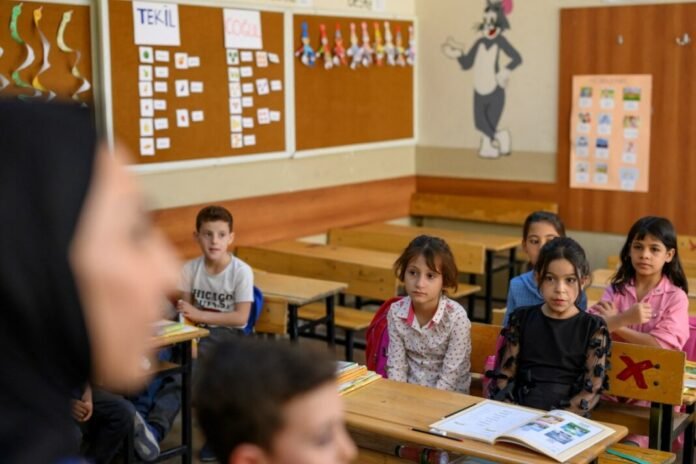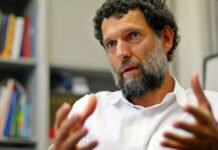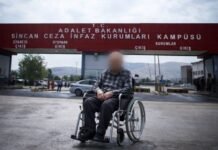
International donors led by the EU on Monday pledged 1 billion euros for Syrian refugees in Turkey and an additional 4 billion euros for those in neighboring countries, with Brussels insisting they should not be “pushed back” to their war-torn homeland, Turkish Minute reported, citing Agence France-Presse.
An annual gathering hosted by the EU and chaired by its foreign policy chief, Josep Borrell, saw the European Union commit 2.12 billion euros for 2024 and 2025.
That figure included 560 million euros already promised this year for Syrians displaced inside the country and in Lebanon, Jordan and Iraq, and the same amount for 2025.
The bloc also pledged 1 billion euros for Syrian refugees in neighboring Turkey.
Turkey hosts the highest number of Syrian refugees worldwide, with 3.6 million of them facing challenging and often precarious circumstances in the country, where anti-refugee rhetoric is running high.
“The situation in Syria is more dire today than one year ago. In fact, it has never been so dire and humanitarian needs are at all time high,” Borrell said.
“Today 16.7 million Syrians are in need of humanitarian assistance, the highest level since the start of the crisis over 13 years ago.”
EU humanitarian chief Janez Lenarcic said that on top of the 5 billion euros in grants, a further 2.5 billion euros was promised by donors in loans.
He said the EU and its member states overall accounted for three-quarters of the grants pledged.
The United States said it had also pledged nearly 545 million euros ($593 million) in humanitarian assistance for Syria. Washington “remains committed to assisting the Syrian people and encourages other donors to continue their support for Syrians,” a State Department statement added.
The donor drive came after the United Nations refugee agency warned that its operations to support displaced Syrians remained “significantly underfunded at 15 percent almost six months into 2024.”
“While we welcome the pledges made today, the discussion remains far removed from the harsh realities Syrians face,” Oxfam’s Syria director, Moutaz Adham, said.
“Funding still fails to match the scale of needs, and year after year, the number of people relying on aid grows.”
Not be ‘pushed back’
In the face of the shortfalls, regional countries hosting millions of refugees from Syria have been increasingly pushing for “voluntary” returns to the country.
But Borrell cautioned about any efforts to make people move back to Syria.
“We are warning about the so-called voluntary returns of Syrian refugees to Syria,” he said.
“Voluntary returns mean voluntary. The refugees should not be pushed back to Syria.”
Borrell insisted that the international community should not “incentivize this by any means.”
“We consider that there is not the safe, voluntary, informed and dignified returns of refugees to Syria for the time being,” the EU’s top diplomat said.
Syria’s war has killed more than half a million people and displaced millions more since it erupted in 2011 after Damascus cracked down on anti-government protests.
More than a quarter of Syrians live in extreme poverty, the World Bank said Saturday, 13 years into a devastating civil war that has battered the economy and impoverished millions.
Borrell said that efforts to find a political solution to the conflict remained at an “impasse.”
“The Assad regime has shown no intention of engaging in any meaningful political process,” he said.
“We request everyone, including partners in the region, to use their political leverage to encourage a renewed impetus on the political process.”














